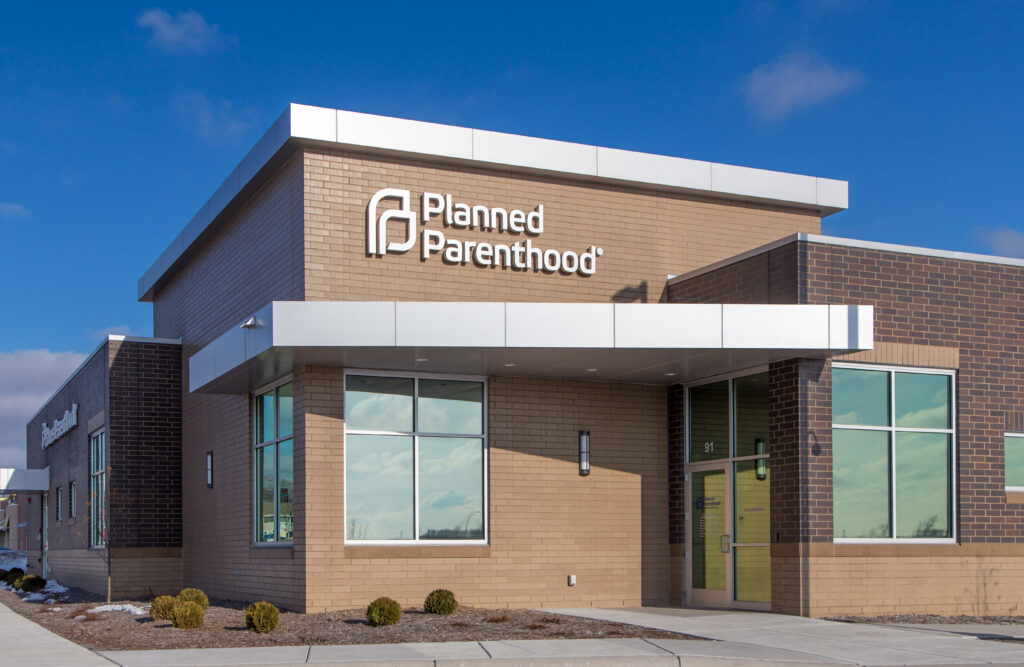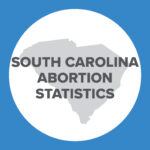Abortion Reporting: Arkansas (2019)

Arkansas’ 2019 abortion report was published by the Arkansas Department of Health in June 2020. The report shows that abortions declined from 2018.
Changes in Arkansas Abortions, 2018-2019

The report does not include information on Planned Parenthood’s Arkansas abortion market share.
Abortion Totals and Trends
In 2019, there were 2,963 abortions reported in Arkansas. Total abortions dropped by three percent from 2018 to 2019 (Fig. 1). Over the same time period, chemical abortions increased by 26 percent from 979 in 2018 to 1,237 in 2019; Arkansas chemical abortion totals may have been impacted by the Abortion-Inducing Drugs Safety Act. The Charlotte Lozier Institute (CLI) estimates that Arkansas’ abortion rate in 2019 was 5.1 abortions per 1,000 women ages 15 to 44, down nearly four percent from the year before (Fig. 2).
State Report Summary
In 2019, 89 percent of Arkansas abortions were performed on state residents, and 11 percent were performed on nonresidents. Five percent of the women getting abortions in Arkansas came from Tennessee and two percent each from Mississippi and Missouri, while the remainder came from other states.
The majority of abortions reported in Arkansas (61 percent) were on women in their twenties, divided relatively evenly between women in their early twenties (30 percent) and women in their later twenties (30 percent). Twenty-six percent were on women in their thirties, and three percent were on women age 40 or older. Ten percent of Arkansas abortions were performed on girls under the age of 19, including three percent on minor girls under the age of 18.
Before a minor may undergo an abortion in Arkansas, consent must be obtained from her parent or guardian. If a minor is experiencing a medical emergency, an abortion may be performed before parental consent is provided. Minors may also petition the court for a waiver from the parental consent requirement. In 2019, parental consent was required for 100 of the 101 minors who obtained abortions. The report does not indicate why one minor did not need parental consent, but it is possible that this woman was an emancipated minor since emancipated minors do not need parental consent. Of the 100 minor girls who required parental consent, 91 obtained parental consent and 13 got judicial waivers. The report does not explain why some girls apparently obtained both parental consent and judicial waivers. Additionally, the report does not indicate why one woman in her twenties obtained a judicial waiver even though parental consent was not required.
A plurality of the abortions reported in Arkansas were performed on African American women, who underwent 46 percent of the abortions occurring in the state. Forty-four percent of the abortions were on white women and seven percent on women of other races. Two percent of the abortions were on women whose race was not reported. The Charlotte Lozier Institute estimates that in 2019, the black abortion rate was 12.7 abortions per 1,000 women ages 15-44, over four times the white abortion rate of 2.9 abortions per 1,000 women of childbearing age. Ninety-three percent of the abortions were on non-Hispanic women, six percent on Hispanic women, and not quite one percent on women of unknown ethnicity.
Most Arkansas abortions (87 percent) were performed on unmarried women, while 13 percent were on women who were married. Sixty-five percent of the abortions were on women who had never had an abortion before. A fifth were on women with one prior abortion, and 16 percent on women with two or more previous abortions. Sixty-five percent of Arkansas abortions were on women who already had children. Twenty-six percent were on women with one child and 39 percent on women with more than one.
Over 70 percent of the abortions occurred at eight weeks post-fertilization or earlier. Sixteen percent were performed earlier than five weeks post-fertilization, and 27 percent each were performed between five and six weeks and seven and eight weeks. Fourteen percent were performed between nine and 10 weeks, and six percent occurred from 11 to 12 weeks post-fertilization. Four percent of Arkansas abortions occurred from 13 to 14 weeks post-fertilization, and another four percent were performed from 15 to 17 weeks. There were 31 abortions performed at 18 weeks post-fertilization (approximately 20 weeks of gestation) and 28 abortions at 19 weeks post-fertilization. No abortions were reported after 19 weeks. Arkansas limits abortion at 20 weeks post-fertilization, around 22 weeks of gestation, unless the mother’s life or a significant bodily function is at risk or the pregnancy is a result of rape or incest.
Forty-six percent of the abortions occurring in Arkansas were suction procedures, and 12 percent were performed using dilation and evacuation. There was one sharp curettage abortion and one performed using some other means. Forty-two percent of Arkansas abortions were induced chemically.
In 2019, Arkansas enacted a new abortion complication reporting requirement. Doctors who perform abortions and health care facilities that encounter complications resulting from abortion must report complications to the Arkansas Department of Health. Between July 24, 2019, when the law went into effect, and December 31, 2019, seven complications were reported in Arkansas. Multiple complications could be reported for a single abortion. There was one instance of incomplete abortion and six other, unspecified complications. Three of the complications resulted from chemical abortions, two from suction curettage abortions, and two from dilation and evacuation procedures. Six of the complications were experienced by black women, compared to just one white woman who experienced a complication. No complications were reported for abortions performed on women of other races. In 2019, Arkansas amended its protections for babies who survive abortions to include a requirement that any born-alive babies be reported, but there were no babies reported to have been born alive during abortions in 2019.
Arkansas publishes a separate report on its informed consent process. Because the information in this report comes from both doctors performing abortions and doctors who refer women for abortions, it cannot be directly compared to the abortion report. In 2019, 1,192 women received information so that they could give informed consent for abortion. Of these, 27 had pregnancies of 20 weeks of gestation or more and were provided with information on the ability of unborn babies to feel pain.
Abortion-Inducing Drugs Safety Act
Arkansas enacted the Abortion-Inducing Drugs Safety Act in 2015 to require abortion facilities to maintain contracts with physicians with hospital admitting privileges who could care for chemical abortion patients in case of complications. The law also requires doctors who prescribe the abortion pill to follow the protocol approved by the U.S. Food and Drug Administration, which was updated in 2016. Planned Parenthood sued to overturn the admitting privileges requirement, and the law was blocked by a preliminary injunction from the U.S. District Court for the Eastern District of Arkansas in March 2016. The state appealed, and the injunction was lifted by the U.S. Court of Appeals for the Eighth Circuit in July 2017. However, the law was stayed that October while Planned Parenthood petitioned the Supreme Court. When the Supreme Court declined to take the case, Planned Parenthood was required to halt chemical abortions for a few weeks in early 2018. In June 2018, the district court once again blocked the law, ordering Planned Parenthood to continue searching for a physician willing to sign a contract, and chemical abortions resumed. In November 2018, Planned Parenthood found a physician, and in May 2019, the case was dismissed.
State Ranking
Arkansas’ abortion reporting is better than many other states. In CLI’s 2016 survey of abortion reporting nationwide, Arkansas’ reports were ranked at 11th best, and since then the state has enacted a complication reporting requirement. To improve its reporting even more, Arkansas could provide more information on the types of facilities where abortions occur, such as the number performed at standalone clinics and the number performed in hospitals.


- Rates were calculated by CLI using population estimates from the United States Census Bureau. The rates were calculated using the following formula: (total number of abortions performed in Arkansas ÷ number of resident women ages 15-44) x 1,000. Rates may differ slightly from previous CLI articles due to revised population estimates.

























